By: President Katrina S. Rogers, Ph.D., Fielding Graduate University, and President Ronald Mason, Jr., J.D., University of the District of Columbia
Urban communities large and small face more new and complex challenges as well as more opportunities than ever before. For example, consider racism, violence, climate change, population mobility enhanced by faster and more economical transportation options and sophisticated technologies that enhance quicker transmission of larger bodies of information, much of which includes disinformation and is leading to greater cultural divisiveness along political, racial and economic lines.
Urban community leaders must therefore be attuned to these changing realities and understand how to successfully address them with the interdisciplinary acumen required to recognize their complexities and interactions with one another, as well as the capacity to craft strategies to manage them effectively and equitably.
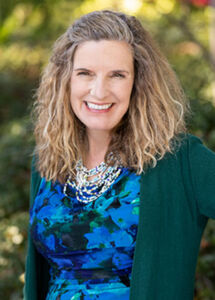
President Katrina S. Rogers, Ph.D.
In addition, preparing urban leaders must include a firm understanding of established and interdisciplinary leadership principles through a lens grounded in social and cultural diversity within an urban context. At the University of the District of Columbia (UDC), the nation’s only urban land grant college, and Fielding Graduate University, an independent graduate institution that invented distributed learning, the UDC-Fielding Urban Leadership and Entrepreneurship graduate program does just that.
While the fields of leadership studies and urban studies have made significant strides in recent decades, they have been largely male-centric, white-dominated and limited to narrowly focused topics, e.g., urban transportation, urban education, urban planning, etc. The partnered urban leadership and entrepreneurship doctoral program at UDC-Fielding seeks to produce a new generation of scholars and practitioners. Graduates emerge from their program with capabilities to not only address the changing realities of urban America (and possibly elsewhere in the world) but to also generate new knowledge and new approaches to urban leadership through a cultural and interdisciplinary framing that considers the changing, social, environmental and technological realities of the 21st century.
The UDC-Fielding Ph.D. program leadership recognizes that the complex nature of the type of urban leadership and entrepreneurship program described herein requires a cadre of interdisciplinary and multicultural faculty. However, such a faculty is typically unlikely to reside within a single department, let alone one institution. The disciplinary and culturally diverse faculties at Fielding and UDC significantly expand the program’s intellectual boundaries far beyond the either institution’s fiscal capacity can accomplish alone. Moreover, the two faculties’ demographic and interdisciplinary diversity provides enormously broad learning and research opportunities to students. The two institutions’ faculty capacity brings together scholars and practitioners from diverse fields like psychology, political science, law, gender studies, leadership studies, business, management, environmental science, urban sustainability and urban agriculture.
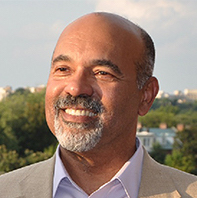
Ronald Mason, Jr., J.D.
The Ph.D. Program in Urban Leadership and Entrepreneurship is unique in several ways:
- The program is committed to the work of the scholar-practitioner who expressly places their research at the service of the community to make a difference in everyday lives.
- The program is unique in its commitment to having students define their own research interests for their dissertation rather than having them join a research project in which the university is engaged.
- The program emphasizes the research tools necessary to conduct relevant research that stresses collaboration with local experts and credentialed experts.
- The program links theory and practical application not only to be relevant but also to advance theory and improve what we know and how we know it (i.e., questioning the lenses through which we filter knowledge).
- The program stresses inter, cross and transdisciplinary knowledge and builds strong research and communication skills to work effectively across a wide range of fields and cultures.
- The program stresses systems thinking, which is required in virtually every field and every profession given our interconnected world.
With the focus in the news these days about all that is wrong with urban America, let us move away from a deficit mindset towards a worldview about what is possible in the urbanscapes where most of us live and work. The Urban Leadership and Entrepreneurship doctoral program aims to do just that—to foster current and emerging generations of leaders’ ability to tackle the seemingly intractable problems facing us. As education often reminds us, the first step to change is to believe in it.
This article first appeared in The EvoLLLution on Feb. 7, 2023.
Join Over 7,500 Fielding Alumni Located Around The World!
Change the world. Start with yours.™
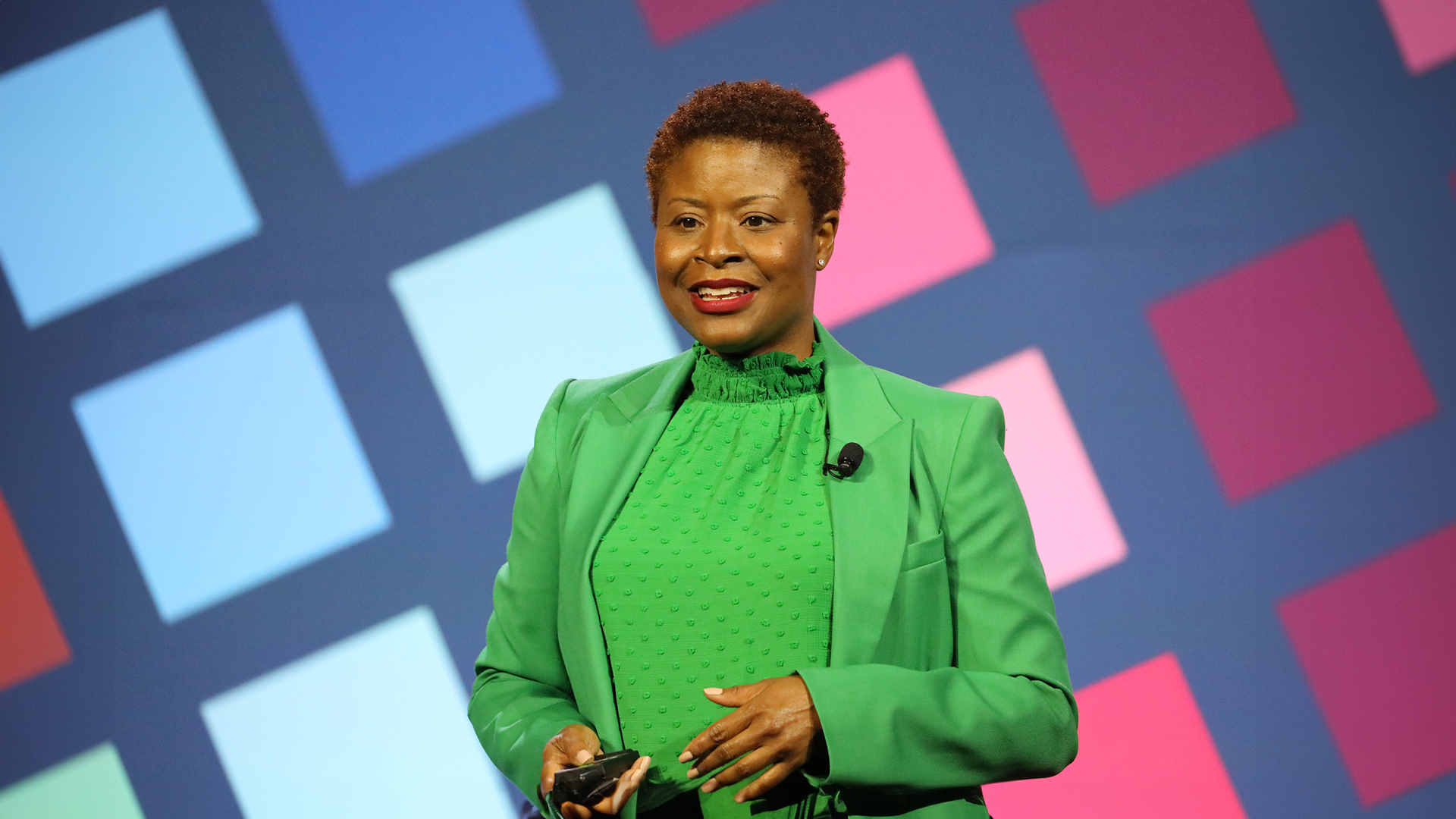
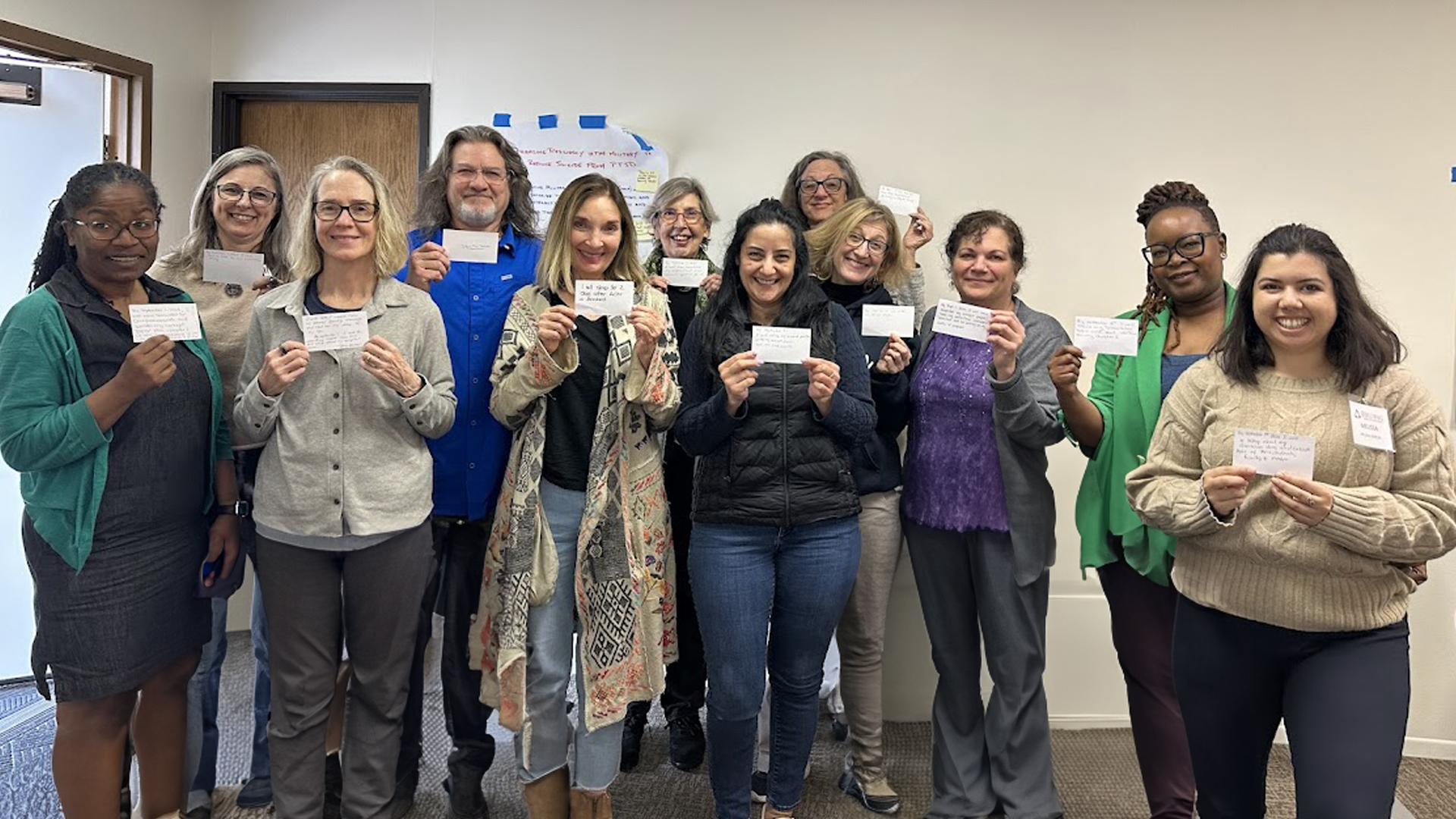
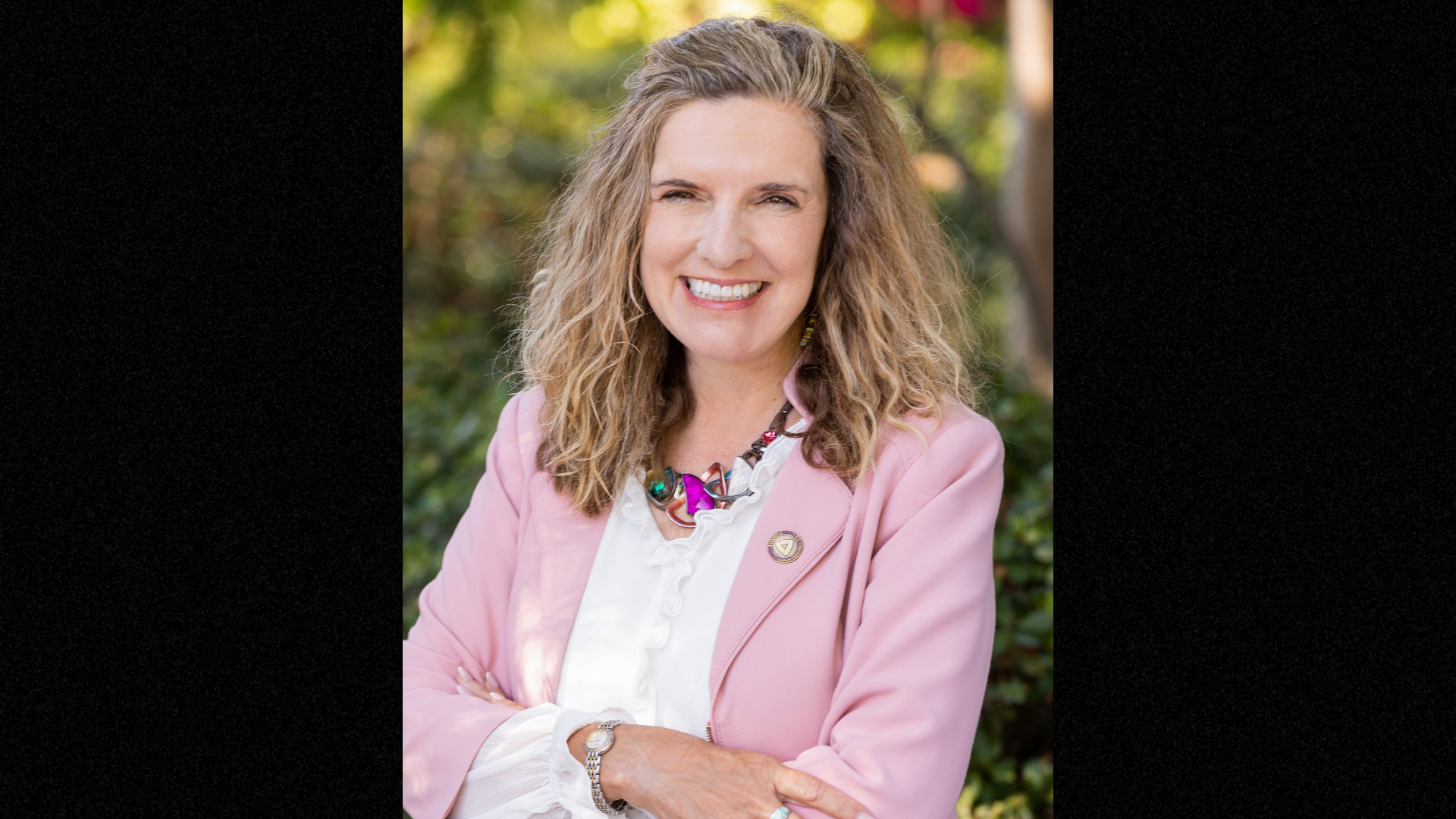



Get Social